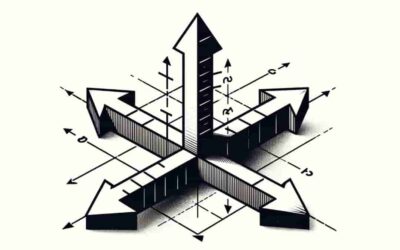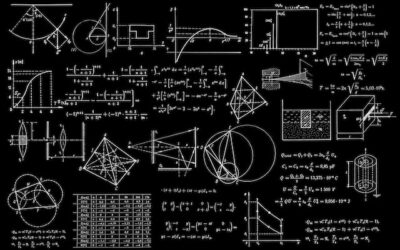Solution
We have
A = (1,4), (2,3), (3,2), (4,1)
B = (1,4), (2,4), (3,4), (4,4), (5,4), (6,4), (4,1), (4,2), (4,3), (4,5), (4,6)
\( P(A|B) = \dfrac {P(A∩B)}{P(B)} \)
\( A∩B = (1,4), (4,1) \)
The sample space comprises of 6×6 = 36 events
Hence,
\( P(A∩B) = \dfrac{2}{36} = \dfrac{1}{18} \)
\( P(B) = \dfrac{11}{36} \)
Thus,
\( P(A|B) = \dfrac {\dfrac{2}{36} } { \dfrac{11}{36} } \)
or
\( P(A|B) = \dfrac{2}{11} \) (Required probability)




0 Comments